Jerk seasoning is a traditional Jamaican spice blend primarily composed of Scotch bonnet peppers, allspice, thyme, and aromatic seasonings used to marinate meats before grilling. This complete guide reveals authentic ingredients, cultural origins, and professional techniques to help you master jerk seasoning for authentic Caribbean cooking at home.
Table of Contents
- What Is Jerk Seasoning and What's It Made Of?
- Authentic Jerk Seasoning Ingredients List: Essential Components Explained
- Store-Bought Jerk Seasoning vs Homemade: Which Is Better?
- How to Use Jerk Seasoning Properly: Professional Techniques
- Health Benefits of Jerk Seasoning Spices: What Science Says
- Jerk Seasoning History: Cultural Origins and Evolution
- Jerk Seasoning FAQ: Common Questions Answered
What Is Jerk Seasoning and What's It Made Of?
Jerk seasoning is a traditional Jamaican spice blend used to marinate meats before grilling or smoking. Authentic jerk seasoning combines Scotch bonnet peppers for heat, allspice (pimento) as the signature flavor base, fresh thyme, ginger, garlic, and warming spices like cinnamon and nutmeg. This distinctive blend creates a complex flavor profile featuring spicy, sweet, smoky, and earthy notes—not just heat. Originally developed by Jamaica's indigenous Taíno people and refined by Maroons (escaped African slaves), jerk seasoning represents a culinary fusion born from cultural adaptation and resourcefulness.
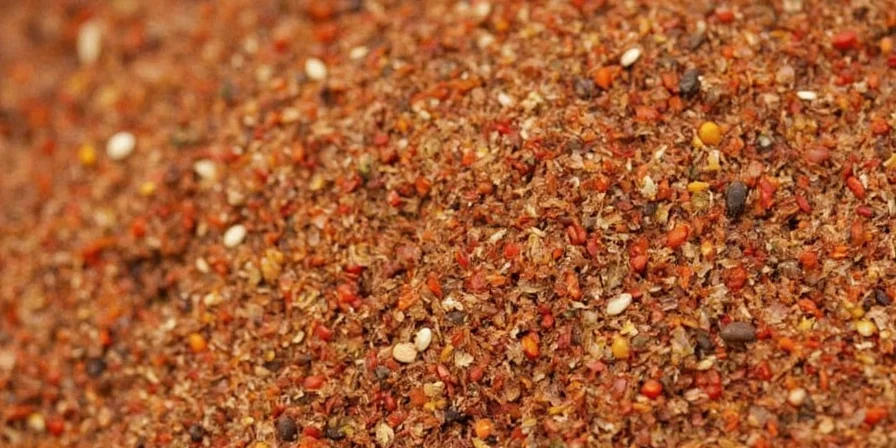
Authentic Jerk Seasoning Ingredients List: Essential Components Explained
While recipes vary by region and family tradition, these ingredients form the foundation of authentic jerk seasoning. The precise balance determines whether you achieve authentic Jamaican flavor or an imitation.
| Spice | Taste Profile | Functional Role in Jerk Seasoning |
|---|---|---|
| Scotch Bonnet Peppers | Intense heat (100,000-350,000 SHU) with tropical fruit notes | Primary heat source; essential for authentic flavor (substituting habaneros is acceptable) |
| Allspice (Pimento) | Warm, clove-like, peppery (signature flavor) | Backbone of jerk seasoning; traditionally smoked over pimento wood |
| Fresh Thyme | Earthy, herbal, slightly minty | Depth enhancer; dried thyme lacks authentic aroma |
| Ginger | Peppery, citrusy warmth | Complexity amplifier and natural meat tenderizer |
| Garlic & Onion | Savory, pungent, sweet | Flavor base and umami contributor |
| Cinnamon & Nutmeg | Warming, sweet-spicy | Heat balancer and depth extender |
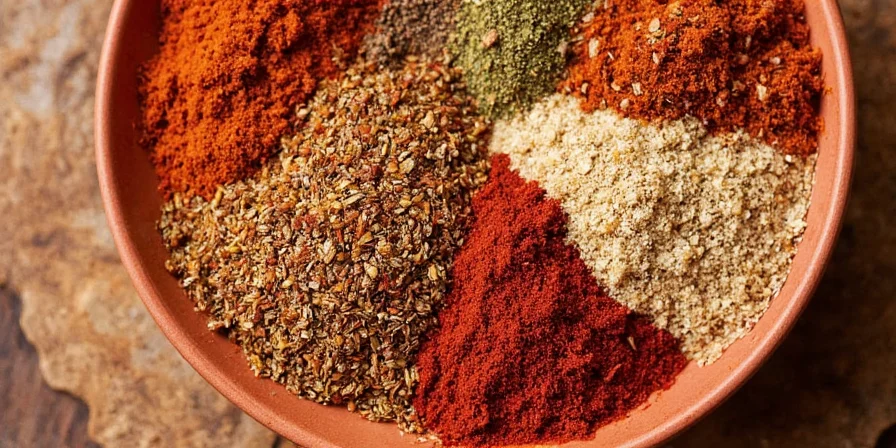
Store-Bought Jerk Seasoning vs Homemade: Which Is Better?
Understanding the differences between commercial and homemade jerk seasoning helps you make informed choices for authentic results:
- Store-Bought Advantages: Consistent flavor, pantry-stable, time-saving for quick meals
- Store-Bought Limitations: Often contains fillers (maltodextrin), inconsistent heat levels, substitutes dried herbs for fresh, uses milder peppers
- Homemade Advantages: Customizable heat, fresher flavors (no preservatives), authentic depth from fresh ingredients
- Homemade Challenges: Requires ingredient sourcing, preparation time, proper storage techniques
Key Insight: Authentic jerk seasoning requires fresh thyme and proper Scotch bonnet preparation—elements most store versions compromise. Trusted brands like Walkerswood Jamaica offer reasonable authenticity, but homemade delivers superior flavor complexity when made with fresh ingredients and allowed to marinate 12-24 hours.
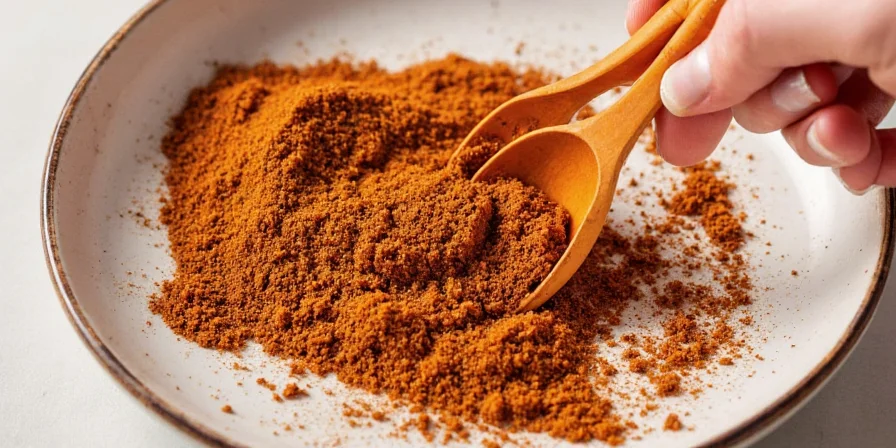
How to Use Jerk Seasoning Properly: Professional Techniques
Achieve authentic results with these evidence-based application methods:
- Optimal marinating time: 12-24 hours for meats (chicken, pork); 2-4 hours for vegetables to prevent overpowering
- Marinade formulation: Blend spices with fresh lime or sour orange juice (not vinegar) for better penetration and authentic brightness
- Traditional smoking method: Add 1 tsp crushed allspice berries to charcoal for authentic pimento wood essence
- Versatile applications: Use in bean stews, rice dishes, as dry rub for roasted nuts, or mixed into mayonnaise for jerk sauce
- Heat management: Remove Scotch bonnet seeds for milder results while retaining flavor complexity
- Grilling technique: Cook over indirect heat at 325-350°F to prevent sugar caramelization from burning
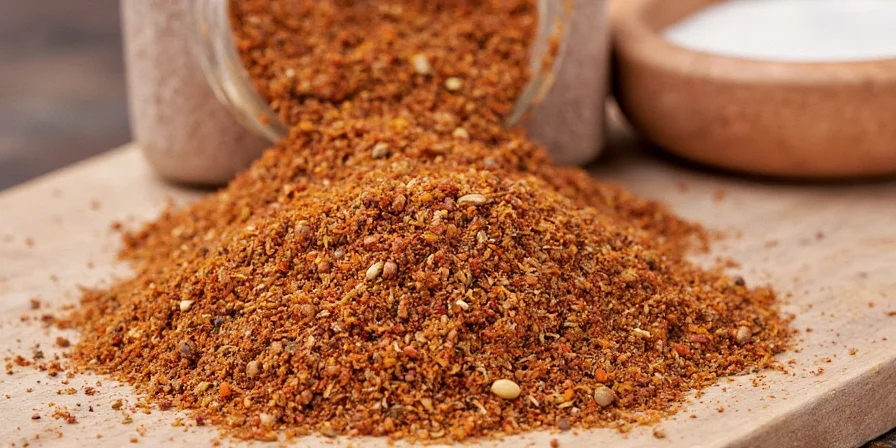
Health Benefits of Jerk Seasoning Spices: What Science Says
Research indicates these potential health benefits when jerk spices are incorporated into balanced diets:
- Inflammation reduction: Gingerols in ginger and allicin in garlic may support reduced inflammatory responses (Journal of Medicinal Food, 2020)
- Antioxidant properties: Eugenol in allspice and thymol in thyme contain compounds studied for oxidative stress reduction (Food Chemistry, 2022)
- Metabolic boost: Capsaicin in peppers may temporarily increase calorie expenditure by 4-5% (International Journal of Obesity, 2019)
- Sodium-conscious flavor: Provides robust taste without excessive salt when used as primary seasoning
- Digestive support: Ginger and allspice traditionally used to support digestive health
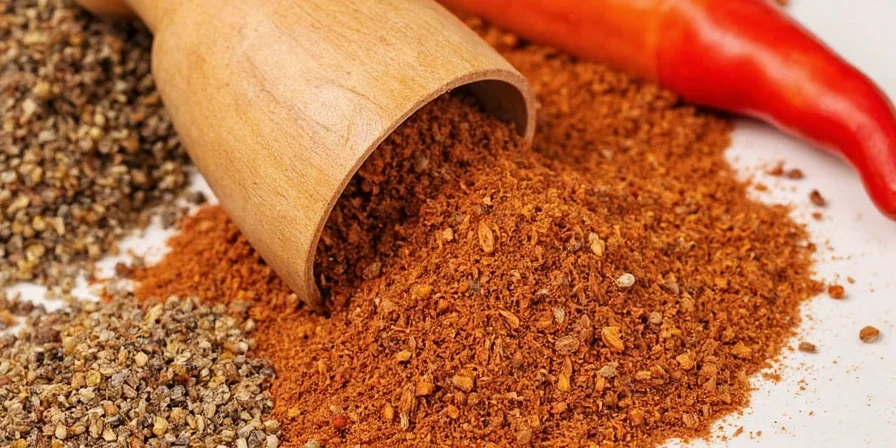
Jerk Seasoning History: Cultural Origins and Evolution
Jerk seasoning's evolution reveals profound cultural adaptation. Maroons, escaped enslaved Africans in Jamaica's mountains, combined Taíno pit-cooking techniques with African spice knowledge. Crucially, they utilized pimento wood (allspice tree) not just for flavor, but because it was abundant and its smoke preserved meat—turning survival necessity into culinary artistry. This resourcefulness created a cooking method that sustained communities and now symbolizes Jamaican cultural identity worldwide. Authentic jerk pits traditionally use green pimento wood, which imparts subtle allspice notes that dried berries alone can't replicate. Modern interpretations honor this legacy through ingredient integrity rather than strict replication, making jerk seasoning one of Jamaica's most significant culinary contributions to global cuisine.
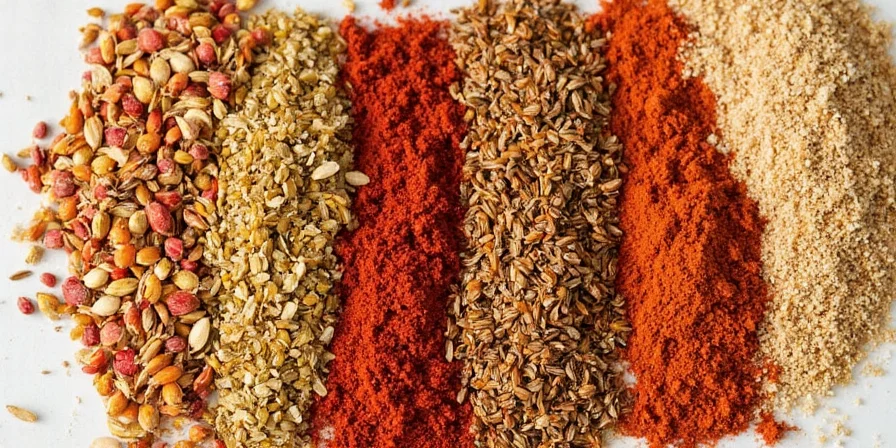
Jerk Seasoning FAQ: Common Questions Answered
What is jerk seasoning made of traditionally?
Authentic jerk seasoning centers on Scotch bonnet peppers, allspice (pimento), fresh thyme, ginger, garlic, and onion. Cinnamon, nutmeg, and allspice berries smoked over pimento wood complete the traditional profile. Substitutions alter authenticity—many commercial versions use dried herbs and milder peppers.
How long should jerk seasoning marinate?
For optimal results: poultry requires 12-24 hours, pork 8-12 hours, and vegetables only 2-4 hours. Extended marinating (beyond 24 hours) can make meat mushy due to acid and enzymatic action from ginger and citrus.
Can I make jerk seasoning vegetarian or vegan?
Absolutely. Traditional jerk seasoning is naturally plant-based. Use it with jackfruit, tofu, mushrooms, or sweet potatoes. Reduce marinating time for plant-based proteins to prevent overpowering (2-4 hours max). For vegan jerk 'chicken,' use young jackfruit marinated 4 hours.
Why is allspice essential in jerk seasoning?
Allspice (pimento) is non-negotiable in authentic jerk seasoning—it provides the signature warm, clove-like backbone. Jamaica's pimento wood imparts distinctive notes when used for smoking. Substituting with individual spices (cinnamon, cloves, nutmeg) creates a different profile that's not authentic jerk.
How to store homemade jerk seasoning properly?
Fresh jerk marinade lasts 4 days refrigerated in airtight containers. For longer storage, freeze in ice cube trays (3-month shelf life)—thaw cubes directly in dishes. Dry jerk seasoning blends last 6 months in cool, dark places. Always label with preparation date.
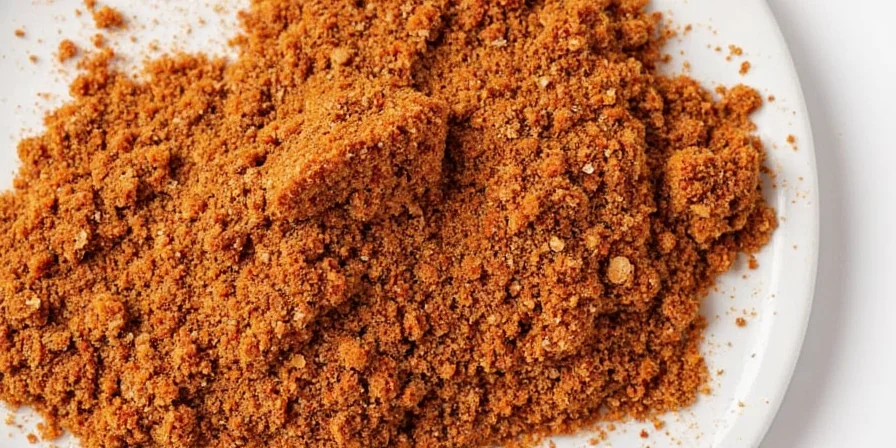
Authentic jerk seasoning represents culinary innovation born from cultural fusion and necessity. Its distinctive balance of heat, earthiness, and warmth transforms simple ingredients into extraordinary dishes. By understanding its essential components and historical context, home cooks can authentically harness jerk seasoning's potential beyond traditional applications. Whether using carefully selected store-bought options or crafting homemade blends from fresh ingredients, respecting the synergy of its core spices unlocks the true essence of this Caribbean treasure. Proper marinating techniques, heat management, and understanding ingredient roles ensure consistently authentic results that honor jerk seasoning's rich cultural heritage while adapting to modern cooking methods.

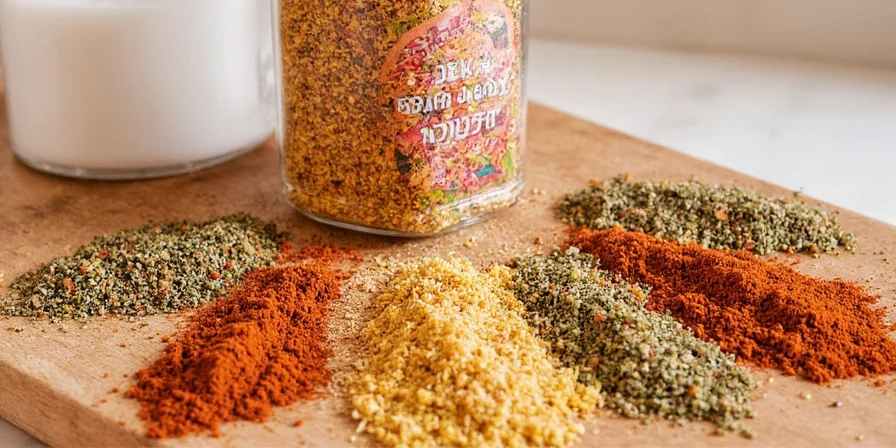









 浙公网安备
33010002000092号
浙公网安备
33010002000092号 浙B2-20120091-4
浙B2-20120091-4